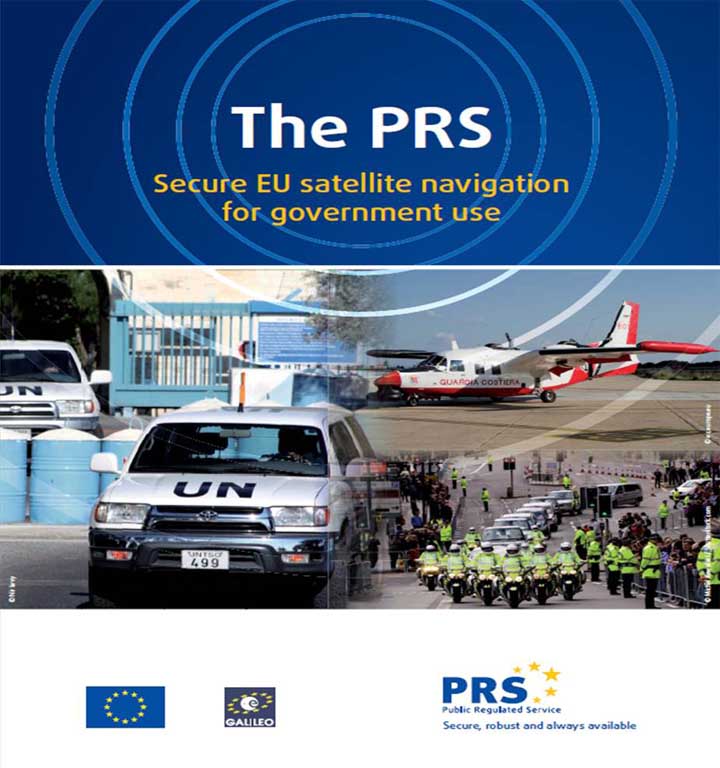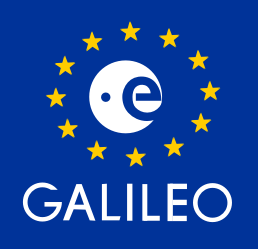 Paul Flament, European Commission
Paul Flament, European CommissionApproval of a European Union (EU) petition to officially allow Galileo signals to be used in the United States may become an issue during upcoming negotiations over an American request for access to Galileo’s Public Regulated Service (PRS) signal, an EU advisor suggested.
Approval of a European Union (EU) petition to officially allow Galileo signals to be used in the United States may become an issue during upcoming negotiations over an American request for access to Galileo’s Public Regulated Service (PRS) signal, an EU advisor suggested.
The United States formally asked for access to the soon-to-be-available PRS signal about a year and a half ago, said Paul Flament, the head of satellite navigation programs for the European Commission (EC). The encrypted service is intended to provide governments and other authorized users with a more robust, jam-resistant GNSS signal for security applications and critical infrastructure such as telecommunications networks.
The EC is considering the request and recently asked the European Council for a go-ahead to start negotiations, Jaime Silva, an advisor to the Commission, told Inside GNSS.
The GNSS community has been anticipating incorporating Galileo and other signals into its receivers for many years — a development expected to improve the accuracy and robustness of satellite navigation service across the board.
It came as a quite a surprise then, when in 2014 the Federal Communications Commission (FCC) underscored that all non-GPS signals would need to be authorized for use in the United States under a long-standing trade law aimed at satellite communications.
Practically speaking, a lack of authorization does not stop the use of GNSS signals.
"It is maybe more symbolic than anything else," said Flament, "because if you have an iPhone you will recognize that it receives not only GPS but also [signals from Russia’s satellite navigation constellation] GLONASS. The GLONASS system,the Russians have not asked for a waiver to the FCC rule, and you still can make use of your iPhone in the States. So even without a waiver you can make use of it."
Unauthorized signals, however, cannot be used for official or regulated applications such as law enforcement or E911 service without FCC approval or waiver of the requirement.
Europe is the first — and thus far, only — GNSS system operator to request such a waiver, sources have told Inside GNSS. The process has dragged on for a year and a half as approval procedures are hammered out and other considerations weighed.
Likely among those other considerations is a desire within the FCC and the broadband industry for more frequencies for mobile applications. The authorization process has appeared to give the FCC a measure of leverage with the GPS community in discussions over issues such as receiver standards. Also, because an approval or a waiver hardens the formal protections for the frequencies involved, okaying the EU request could diminish the prospects for rezoning coveted frequencies near those used by Galileo and other satnav services because of the risk of interference
The U.S. desire to access PRS, however, may put all such discussions in a different light.
"You cannot imagine that we are negotiating allowing the United States to use our more precise system of Galileo [PRS] without having reciprocity to use those signals here in the United States," Silva told Inside GNSS.
Flament said he was not worried about protection for Galileo signals as they are in designated bands protected by international agreement.
"It is in the allocated radio navigation band," he said.
Flament told Inside GNSS he also is not worried about the delay in getting the waiver.
"We are not in a hurry, we are just waiting for the internal American system to sort out the approach," he said, adding "In Europe the procedures do take time also."





